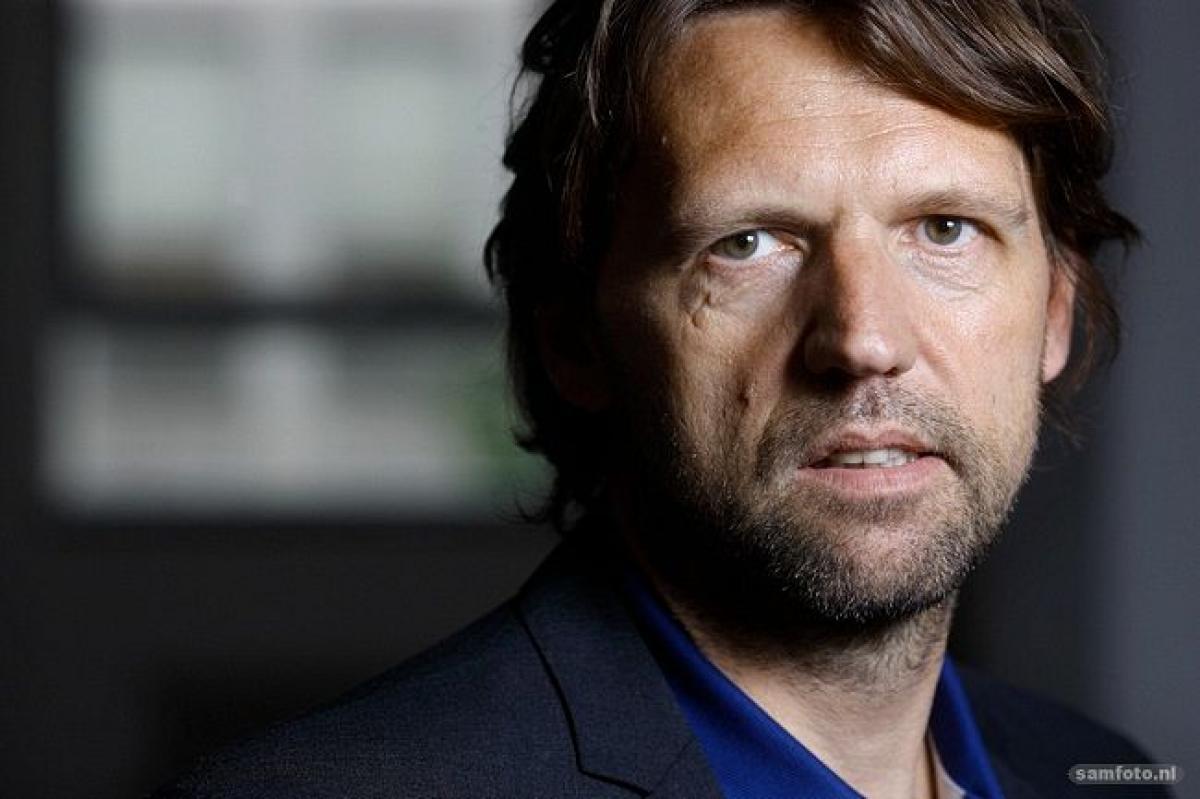It was not Leo Kouwenhoven himself, but two of his ex-colleagues who apparently tipped off Nature about errors in his 2018 article about majorana particles.
Kouwenhoven was more or less forced to retract his article in Nature, reports the Volkskrant newspaper. (Photo: Sam Rentmeester)
The Volkskrant (in Dutch) newspaper and the Wired online tech magazine published the news about the two ex-colleagues this week. This is a different interpretation of events than that suggested by Nature and QuTech that Kouwenhoven and his co-authors warned Nature themselves.
A TU Delft spokesperson, who was also speaking on behalf of QuTech, said that Kouwenhoven and QuTech will not discuss the case until Kouwenhoven’s controversial Nature publication has been officially retracted and the integrity investigation that was started is completed. The integrity investigation will then go to TU Delft’s Executive Board. The Nature publication is due to be withdrawn next week.
This case revolves around the 2018 Quantized Majorana conductance article in which researchers, under the supervision of Kouwenhoven, wrote that they had detected majorana particles. The article, in the words of the ‘Volkskrant’ was the pièce de résistance after Kouwenhoven’s team, of which the two former colleagues were part, demonstrated the existence of majorana particles in a Science article in 2012. The article shot Kouwenhoven to fame. But there was still no definitive evidence proving that the particle had been found in the lab.
Things came to a head in 2018. The ‘Volkskrant’ wrote that ‘A peak in the measurement is the long awaited pièce de résistance. Literally, it has the exact electrical resistance value that the theory predicted.’ Kouwenhoven presented the closing piece in Nature, the definitive proof of majoranas. At least, that is how it seemed.
These obscure particles, that have no mass and no charge, can be used to make Qubits. Qubits are quantum computers’ calculation units. The discovery was excellent news for Microsoft, where Kouwenhoven has worked since 2016. Microsoft, Google and IBM are involved in a race for the quantum computer.
However, new calculations show a less rosy image. The signals that the researchers measured at the time could just have been interference, writes Kouwenhoven and colleagues in a new article that appeared on the arxiv website at the end of January. The story now says that they wrote this article under pressure from two ex-colleagues. The article will replace the 2018 Nature article as soon as it is peer reviewed.
Do you have a question or comment about this article?
tomas.vandijk@tudelft.nl


Comments are closed.